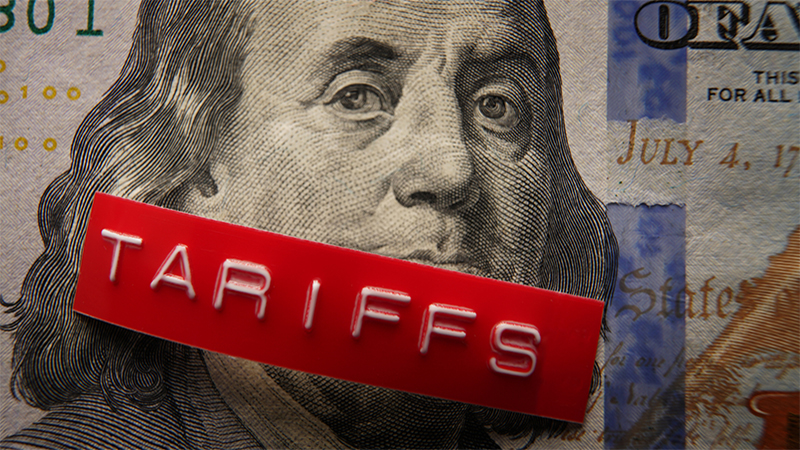It is currently wobbling around the 6,870 mark nearing a high of 6,950 at the end of 1999.
Yet the FTSE 100 is still only about 4% higher now than it was at the start of this year so what is all the fuss about?
Playing catch-up
More accurately, the fuss should not be about share prices but about company valuations catching up with these share prices. Spotting undervalued companies is about to be one of the investment drivers of the moment.
When you ask a fund manager about their investment style, they often talk insightfully about investing in quality companies, seeking out companies that are under-valued – cheap – and avoiding those that are over-valued, or expensive.
These are probably traits of every fund manager out there, though the measure of success today is going to be for those managers who genuinely find companies whose value has been under-estimated by analysts as well as their peers.
A case study
Let’s take AstraZeneca as an example. There are all sorts of issues to be discussed about its potential takeover by US-firm Pfizer including potential job losses; the relative merits of its UK tax structure; the actual business of drug development; current pipelines, etc.
But, even the chief executive of AstraZeneca, Pascal Soriot, admitted: “If the offer from Pfizer reflects the full value of the company…we would have to make a positive recommendation [to shareholders].”
The current stalemate is essentially over the firm’s valuation – Pfizer thinks AtraZeneca is worth £63bn, putting the share price at £50. In mid-April, its actual share price was less than £40; yesterday it was £46.
It is all about the view of the company’s valuation, depending on which side of the fence you are sitting.
I may be slightly brainwashed having spent time in the company of a very well-known value manager in the past working week, but it does seem that the principle of preserving capital and earning steady returns is the order of the day right now.
Value investing is all about the long-term sustainability of returns, of capital security and of income provision where relevant – they are the product of history and an anticipation of the future.
Fund ideas
The past five years has been a bull market for UK and US equity markets; Europe is following quickly behind; Japan has had a good couple of years and may well come good again; China (still a developing market but…) is having a well-earned breather.
According to FE, just over 1% of funds in the IMA sectors are classified as ‘value’ funds – though a caveat is that having glanced through the list, it does not include any Invesco Perpetual income funds (value funds, surely?) or Recovery Funds run by Schroders, M&G or retail newcomer River & Mercantile.
In the developed markets mentionned above investors can look at JPM UK Strategic Income, BlackRock Global Fund US Basic Value, JOHCM European Select Value, Lindsell Train Japanese Equity as well as any number of global propositions.
There may be a dearth of genuine value funds out there, but value investing is without doubt the way forward…










